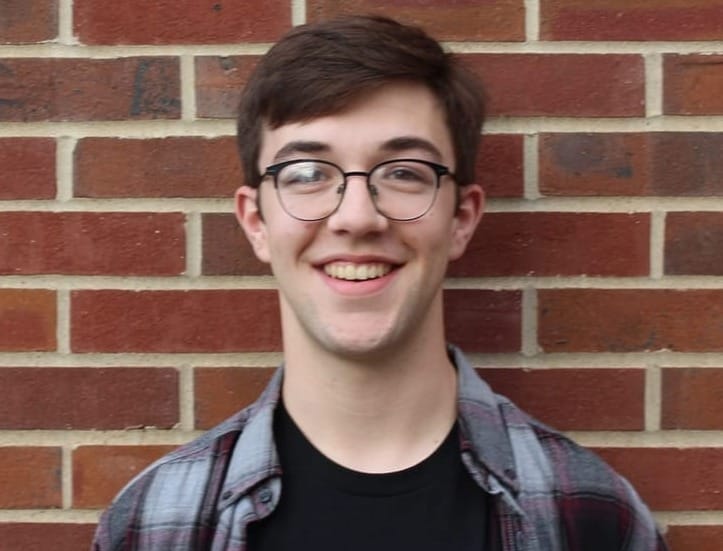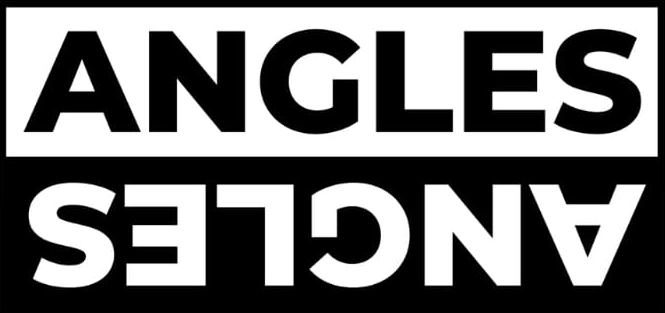From pledges to progress: How empathy can heal political divides

As I walked into the Morrison Commons to grab a sandwich during my lunch break, I was approached by Angie Hummel, the director of mental health and wellness, who enthusiastically asked me to sign Augustana’s “Election 2024: Curiosity, Courage & Civility” pledge. I felt pretty apprehensive about signing a pledge I didn’t fully grasp, but I signed anyway and snagged a piece of candy from the table
Over the next few weeks, as I attended several election-themed events, I started to see the bigger picture. The initiative wasn’t merely about signing a pledge; it was about encouraging meaningful conversations between students with differing political views.
One of Augustana's core values is community. The “Election 2024” initiative recognized heightened tensions during the election that threatened our sense of community.
While voting is over, our commitment to participating in these discussions must continue. Engaging empathetically with those who differ politically strengthens the cohesion of Augustana’s community.
It's no secret that the divide between Republicans and Democrats has widened in recent years. Republicans and Democrats alike are increasingly likely to view members of the opposite party unfavorably. A 2022 Pew Research Center poll shows that 83% of Democrats and 69% of Republicans view the opposing party as closed-minded. Similarly, 72% of Republicans and 63% of Democrats believe members of the opposite party are immoral.
Yet in this divided landscape, conversations rooted in empathy offer an opportunity to heal.
To be clear, I am not advocating for political debate. Rather, I am promoting conversations focused on understanding and empathizing with one another. In a debate, the goal is to “win” or convince others that your point of view is the correct one. While debates are valuable, they won’t heal our division.
True conversation requires vulnerability, which can feel risky and requires trust. According to the 2024 Harvard IOP Youth Poll, 33% of college students feel uncomfortable sharing their political opinions at their school. When students do feel uncomfortable sharing political views, they self-censor, withholding their opinions for fear of judgment or backlash. We can counter this phenomenon when we approach political conversations with empathy.
Empathy is more than just a cheesy buzzword; it’s the act of deeply connecting with another person's experiences and perspective. To engage in empathic conversations, we must approach others with humility, setting aside assumptions to be fully present.
American culture emphasizes individualism, leading many to see their opinions as the only valid ones. It takes humility to put ourselves on the same level as someone we disagree with. Without the willingness to look beyond our own experiences, we miss the opportunity to understand others’ perspectives.
Another barrier to empathy is assumptions: Assumptions and stereotypes are shortcuts that oversimplify the complexities of life and identities. By taking these mental shortcuts, we miss out on being present.
Being present means actively listening without thinking about our responses as they speak. When we prioritize listening and paying attention to others over responding, we show others we care about them and their outlook.
Conversations rooted in empathy promote trust and respect, two essential components of a community. If we at Augustana truly see community as a core value, we must respect our differences including differences in politics. By approaching one another with empathy we can grow stronger together despite our differences.



